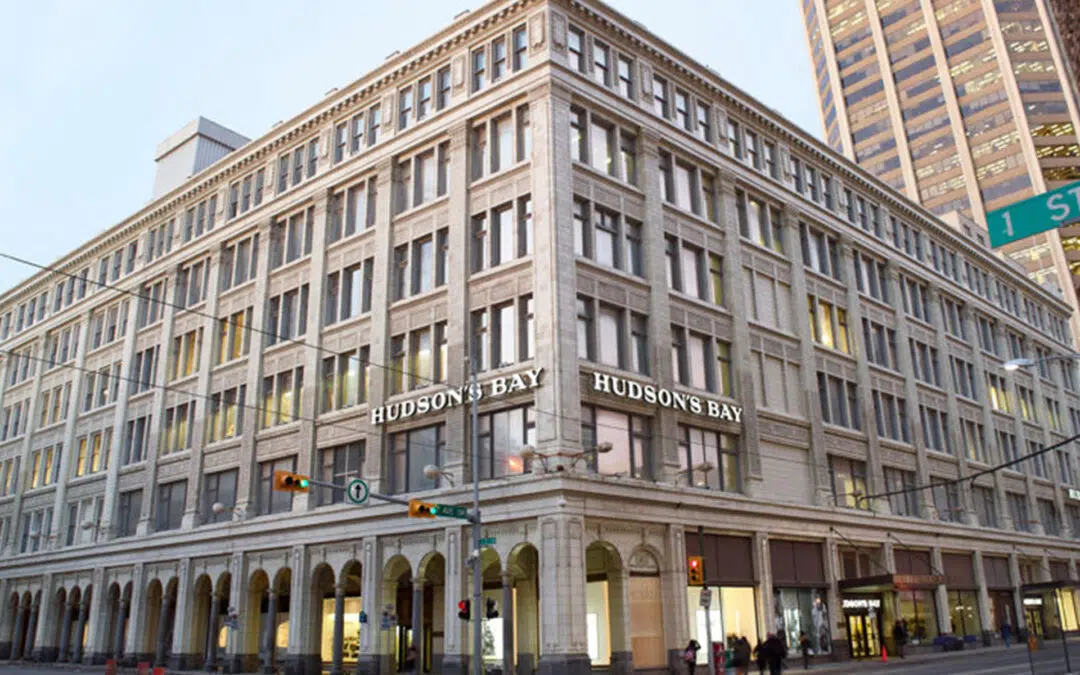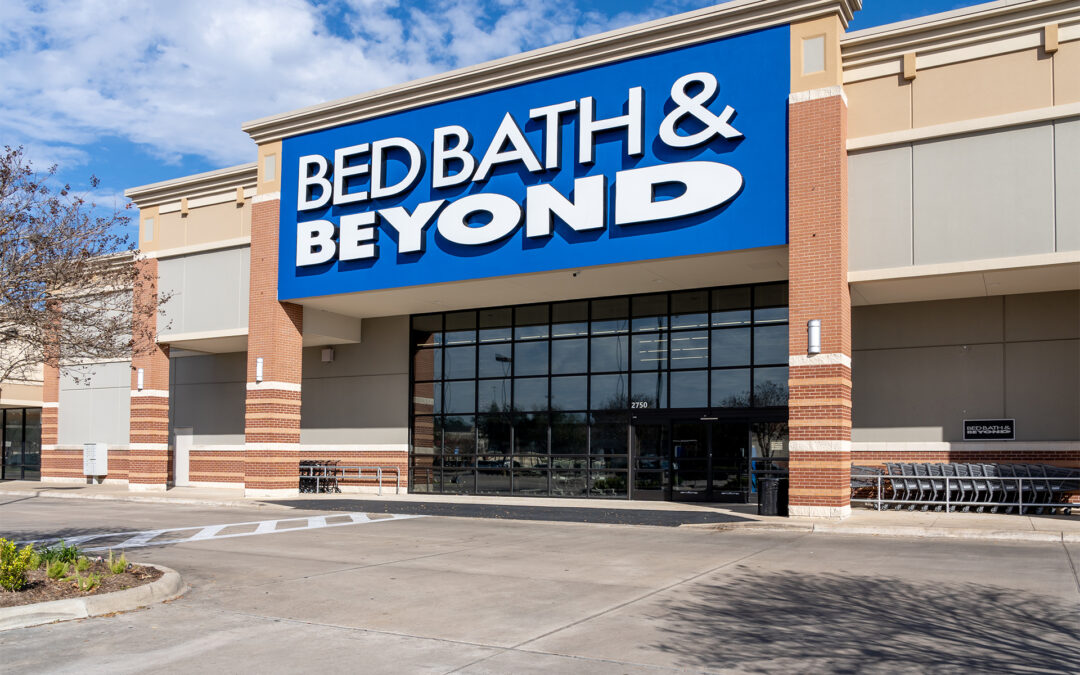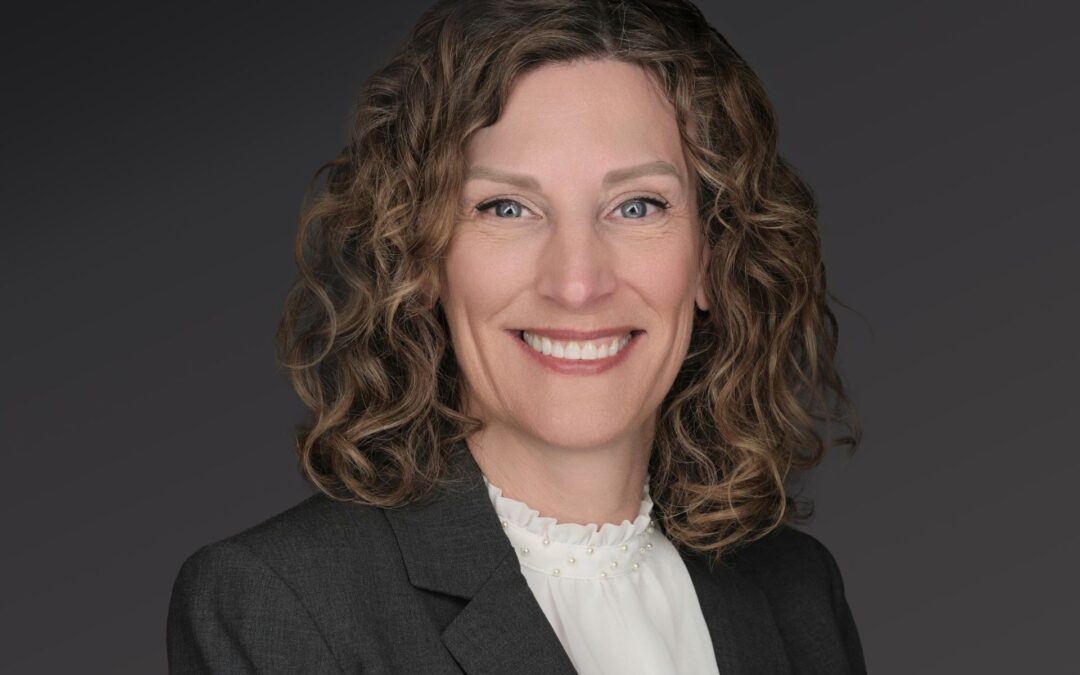Despite a still uncertain economic environment, the Conference Board Consumer Confidence Index increased slightly in March to 104.2, up from 103.4 in February.
The Present Situation Index, based on consumers’ assessment of current business and labor market conditions, decreased to 151.1 from 153 in February. The Expectations Index, based on consumers’ short-term outlook for income, business and labor market conditions, ticked up to 73 from 70.4 in February, a slight upward revision. Still, for 12 of the last 13 months, or since February 2022, the Expectations Index has been below 80, the level that often signals a recession within a year. The cutoff date for the survey was March 20, about 10 days after the news broke of the Silicon Valley Bank failure, according to the Consumer Board.
Consumers’ assessment of current business conditions worsened in March, with 18.4% of consumers saying business conditions were good, up slightly from 18%.
However, 19.3% said business conditions were bad, up from 17.4%.
Appraisal of the labor market was less favorable, too, with 49.1% of consumers saying jobs were plentiful, down from 51.2%. Then, 10.3% of consumers said jobs were hard to get, about the same as last month.
Consumers became slightly less pessimistic about the short-term business conditions outlook in March, as 15.5% of consumers expected business conditions to improve, up from 14.6% from February, while 18.5% expect business conditions to worsen, down from 21.6%.
Consumers’ assessment of the short-term labor market outlook was a bit more positive, with 15.% of consumers expecting more jobs to become available, up from 14.5%, and 19.9% anticipate fewer jobs, down from 21.2% in the month earlier.
Yet the short-term income prospects were less upbeat, as 14.9% of consumers anticipated their incomes to increase, up from 14.4% last month. On the other side of the equation, 13.6% of consumers expect their incomes to decrease, up from 11.6% last month.
“Driven by an uptick in expectations, consumer confidence improved somewhat in March but remains below the average level seen in 2022, 104.5. The gain reflects an improved outlook for consumers under 55 years of age and for households earning $50,000 and over,” said Ataman Ozyildirim, senior director, economics at The Conference Board. “While consumers feel a bit more confident about what’s ahead, they are slightly less optimistic about the current landscape. The share of consumers saying jobs are ‘plentiful’ fell, while the share of those saying jobs are ‘not so plentiful’ rose. The latest results also reveal that their expectations of inflation over the next 12 months remain elevated, at 6.3 percent. Overall purchasing plans for appliances continued to soften while automobile purchases saw a slight increase.”
In a special question asked in March, the Consumer Confidence Survey asked about consumers’ spending plans on services over the next six months. The results indicated that consumers plan to spend less on highly discretionary categories such as playing the lottery, visiting amusement parks, going to the movies, personal lodging and dining. However, they say they will spend more on less discretionary categories such as health care, home or auto maintenance and repair, and economical entertainment options such as streaming. Consumers also suggested they would be willing to spend on personal care, pet care and financial services such as tax preparation.





